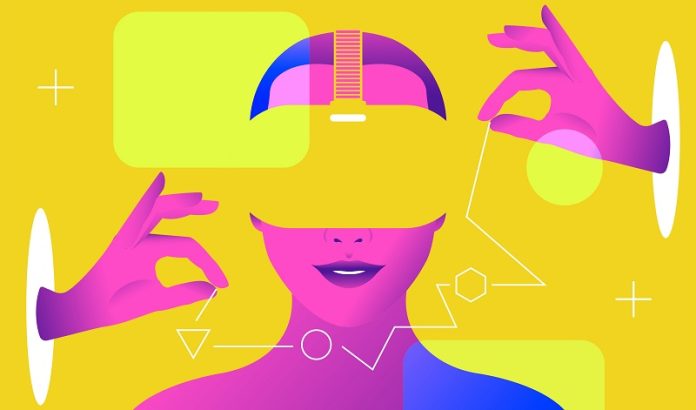
Researchers have developed an advanced AI tool capable of diagnosing ten different types of dementia, a breakthrough that could significantly improve how we identify and treat these conditions.
Each year, ten million new cases of dementia are diagnosed, but the presence of various forms and overlapping symptoms often makes diagnosis challenging.
The new tool uses a sophisticated Machine Learning (ML) framework to accurately pinpoint the specific causes of dementia.
It does this by analyzing commonly collected clinical data, such as demographic information, medical histories, medication use, neurological exam scores, and MRI scans.
The findings were published in Nature Medicine, where lead researcher Vijaya B. Kolachalama, an associate professor at Boston University, highlighted the tool’s potential.
“Our generative AI tool enables differential dementia diagnosis using routinely collected clinical data, showing its potential as a scalable diagnostic tool,” Kolachalama said.
He emphasized the importance of this capability, especially in remote and economically developing regions where access to advanced testing is limited.
In their study, the researchers trained the AI on data from over 50,000 individuals across nine global datasets.
The AI achieved a high accuracy, with an area under the receiver operating characteristic (ROC) curve score of 0.96. The ROC score ranges from 0 to 1, where 1 indicates perfect performance.
To test the AI’s effectiveness, the team compared the diagnostic accuracy of neurologists and neuro-radiologists working alone versus with the AI tool.
They found that the AI could boost the accuracy of neurologists by more than 26% across all ten types of dementia.
In one test, 12 neurologists were given 100 randomly selected cases to diagnose and asked to provide a confidence score between 0 to 100.
This score was then averaged with the AI tool’s probability score to create an AI-augmented diagnosis. The results showed significant improvements in diagnostic accuracy.
Kolachalama noted the urgent need for such tools, stating, “There aren’t enough neurology experts around the world, and the number of patients needing their help is growing quickly. This mismatch is putting a big strain on the health care system.
We believe AI can help by identifying these disorders early and assisting doctors in managing their patients more effectively, preventing the diseases from getting worse.”
With dementia cases expected to double in the next 20 years, this AI tool could play a crucial role in providing accurate diagnoses and supporting targeted treatments.
The project received support from the Karen Toffler Charitable Trust, National Institute on Aging’s Artificial Intelligence and Technology Collaboratories, the American Heart Association, Gates Ventures, and the National Institutes of Health.
This innovative tool offers hope for better management and treatment of dementia, helping both patients and healthcare providers tackle this growing challenge more effectively.
If you care about brain health ,please read studies about Vitamin B9 deficiency linked to higher dementia risk, and cranberries could help boost memory.
For more information about brain health, please see recent studies about heartburn drugs that could increase risk of dementia, and results showing this MIND diet may protect your cognitive function, prevent dementia.



